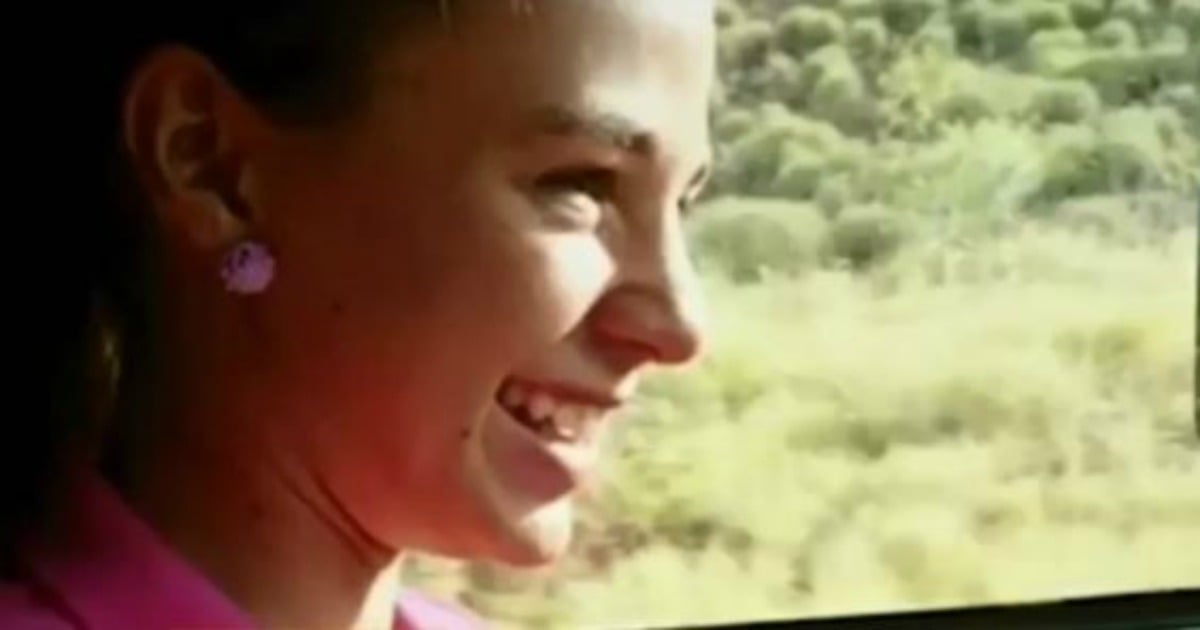Amy ‘Dolly’ Everett was just 14 when she took her own life in the first few days of 2018. After her father Tick’s gut-wrenching Facebook post explaining the circumstances around his daughter’s death, the media immediately created a very simple story:
A young woman was bullied, and as a result, she chose to take her life.
But is suicide ever as simple as that?
If you read one of the hundreds of media reports and Facebook posts about Dolly that appeared after her death, you would certainly think so.
‘As Dolly Everett’s suicide shows, cyberbullying can be deadly’ wrote Bernard Lane for The Australian, making the case that the 14-year-old’s bullies could be criminally culpable for their actions. Katie Bice for The Herald Sun wrote, ‘Kids must hear Dolly’s story’.
But while this perspective dominated the mainstream media, a number of quieter voices were trying to push the discussion in another direction.



Top Comments
I agree with the professor & mindframe. There generally has to be more going on than just the bullying, especially with the Chicken & the Egg scenario. Parents with teenage children need to familiarise themselves with the symptoms of depression or mental health problems so that they can a) ge help b) be able to support them through whatever treatment is needed.
Teenagers are often vulnerable to bullying especially if they don't for whatever reason feel that they are "good enough" whatever this sits around. I also agree with what the professor says about keeping the lines of communication open, as parents may be able to red flag situations when the teenager may not have the experience to recognise there's a problem.
I was recently in hospital where another patient tried to take their life, the thing that was clear to me was that it was going to happen, sooner or later, it for me was easy to tel that the patient was deeply depressed (with high anxiety levels) & that this wasn't going away any time soon. That is the thing with this type of situation, there are clear indicators around how this will play out, here is the rub, people need to be able to recognise the behaviours & the indicators that the individual is going to attempt to take their life. The bullying would have been a contributing factor, but not the only one that ended this child's life
There can be more inclination towards mental health issues among young adults/teens often due to the fact that their brains are at their most vulnerable, due to the changing & development that they're undergoing. It's clear parents need to be vigilant, but respectful of their young adult's (child's) situation, but if behaviour(s) /patterns or relationships with those they are normally close with suddenly change, it may be time to watch & see what is going on with them The big one is if they go from being happy & outgoing, to hiding in their room sitting at their computer for hours & not really communicating, you need to find out what is happening, even if they try to reject you, you need to keep trying to support & get help for them if its clear that they could be in trouble. Even if turns out they are not necessarily struggling with a mental health issue, it often helps them to work through what is happening for them with someone who is external to their family/friendship/online groups.
This Professor probably has a very good point, but I think he needs to be very careful about what he says. He states he doesn't have any details of what happened to Dolly, but then states he believes she had severe depression. That may be the case, but given that he's never treated her, should he really be using her as an example, even for a good cause? It's obviously a complex issue, and he's probably correct in saying that it comes down to more than just bullying; but if it was my daughter who had died, I'm not sure I'd want someone 'diagnosing' her without all the facts.